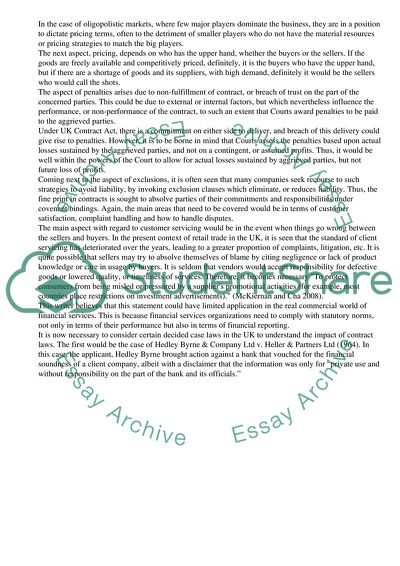Cite this document
(“Customer Issues in Financial Services Essay Example | Topics and Well Written Essays - 2000 words”, n.d.)
Retrieved from https://studentshare.org/business/1522379-customer-issues-in-financial-services
Retrieved from https://studentshare.org/business/1522379-customer-issues-in-financial-services
(Customer Issues in Financial Services Essay Example | Topics and Well Written Essays - 2000 Words)
https://studentshare.org/business/1522379-customer-issues-in-financial-services.
https://studentshare.org/business/1522379-customer-issues-in-financial-services.
“Customer Issues in Financial Services Essay Example | Topics and Well Written Essays - 2000 Words”, n.d. https://studentshare.org/business/1522379-customer-issues-in-financial-services.


